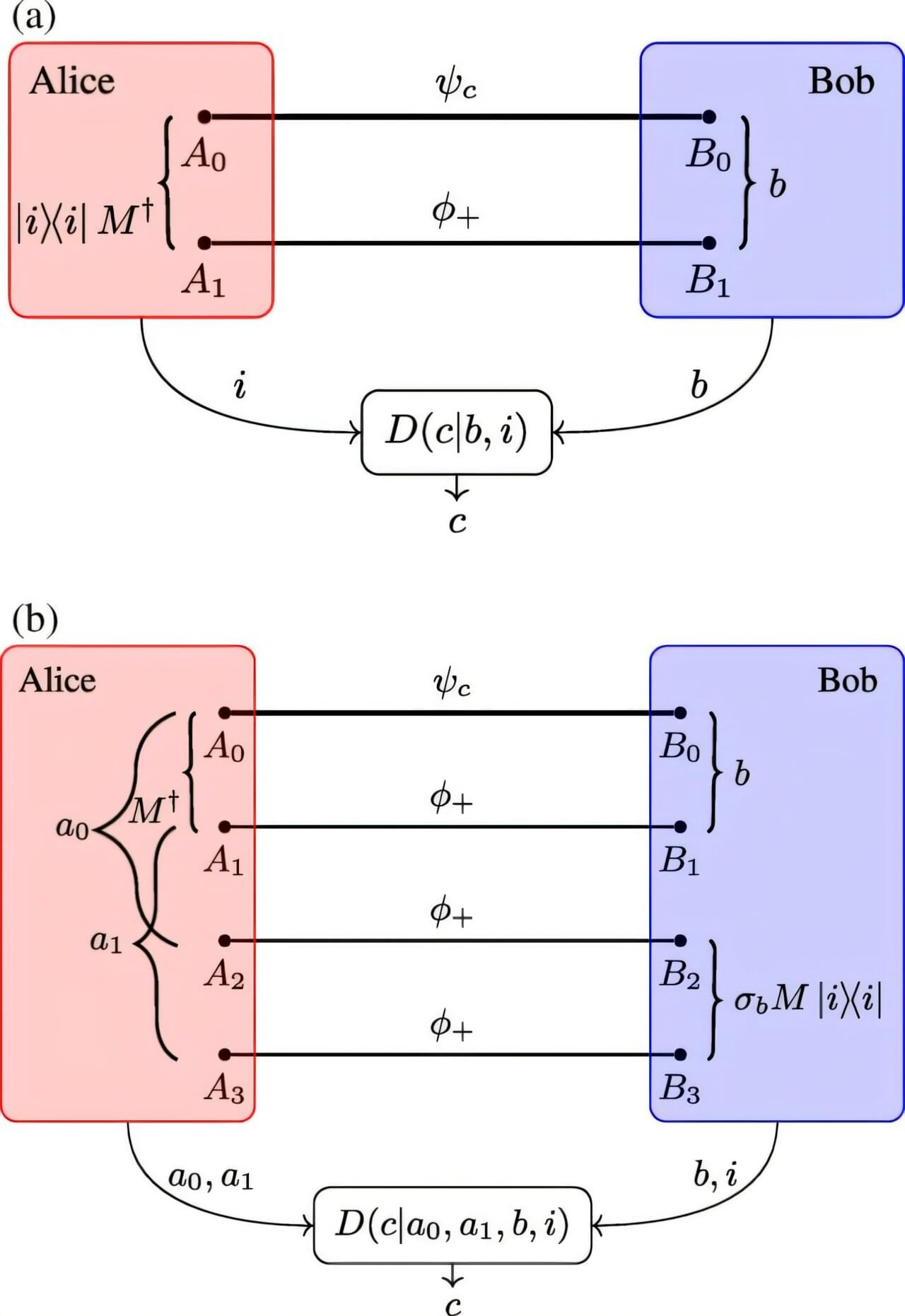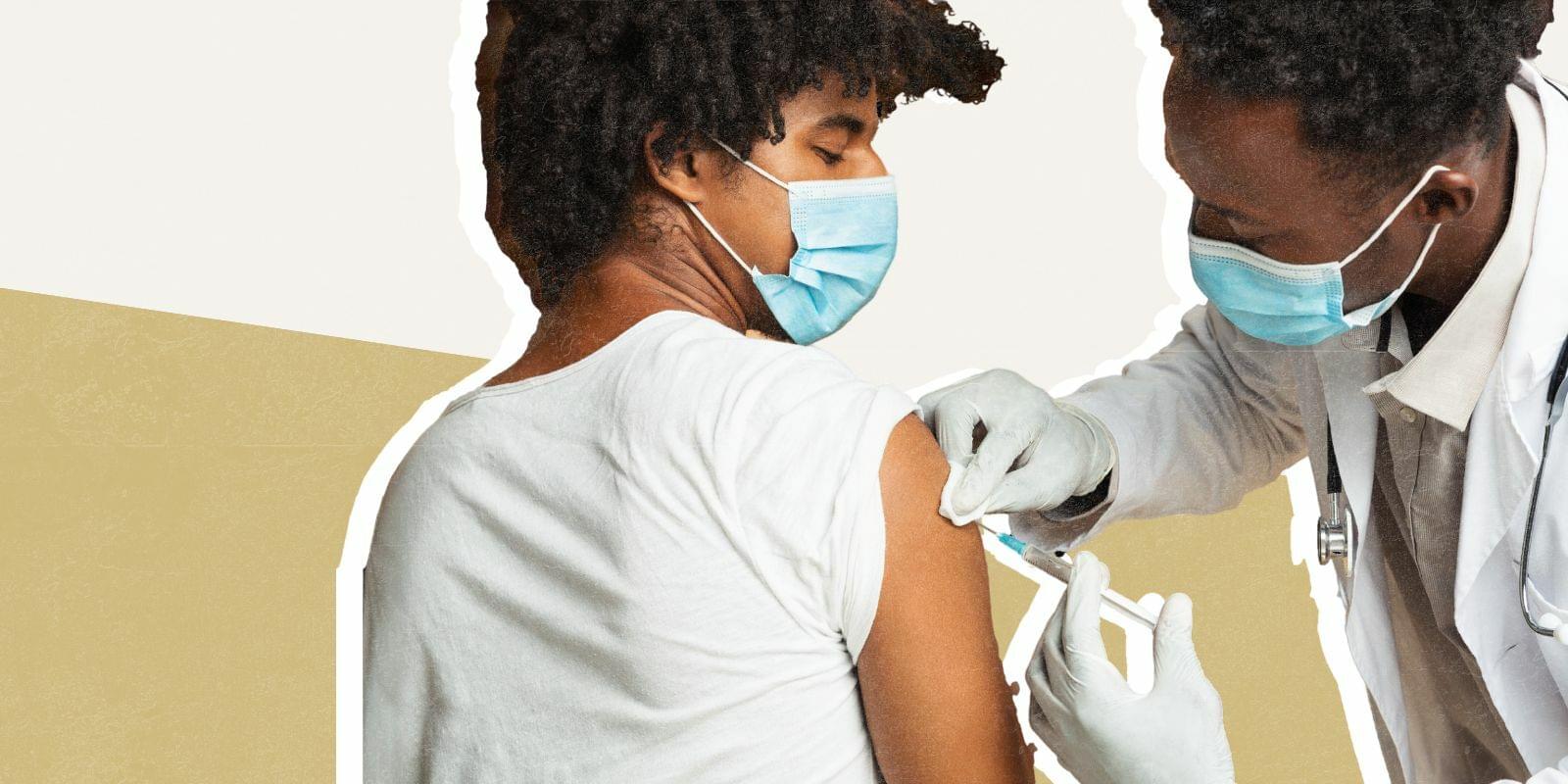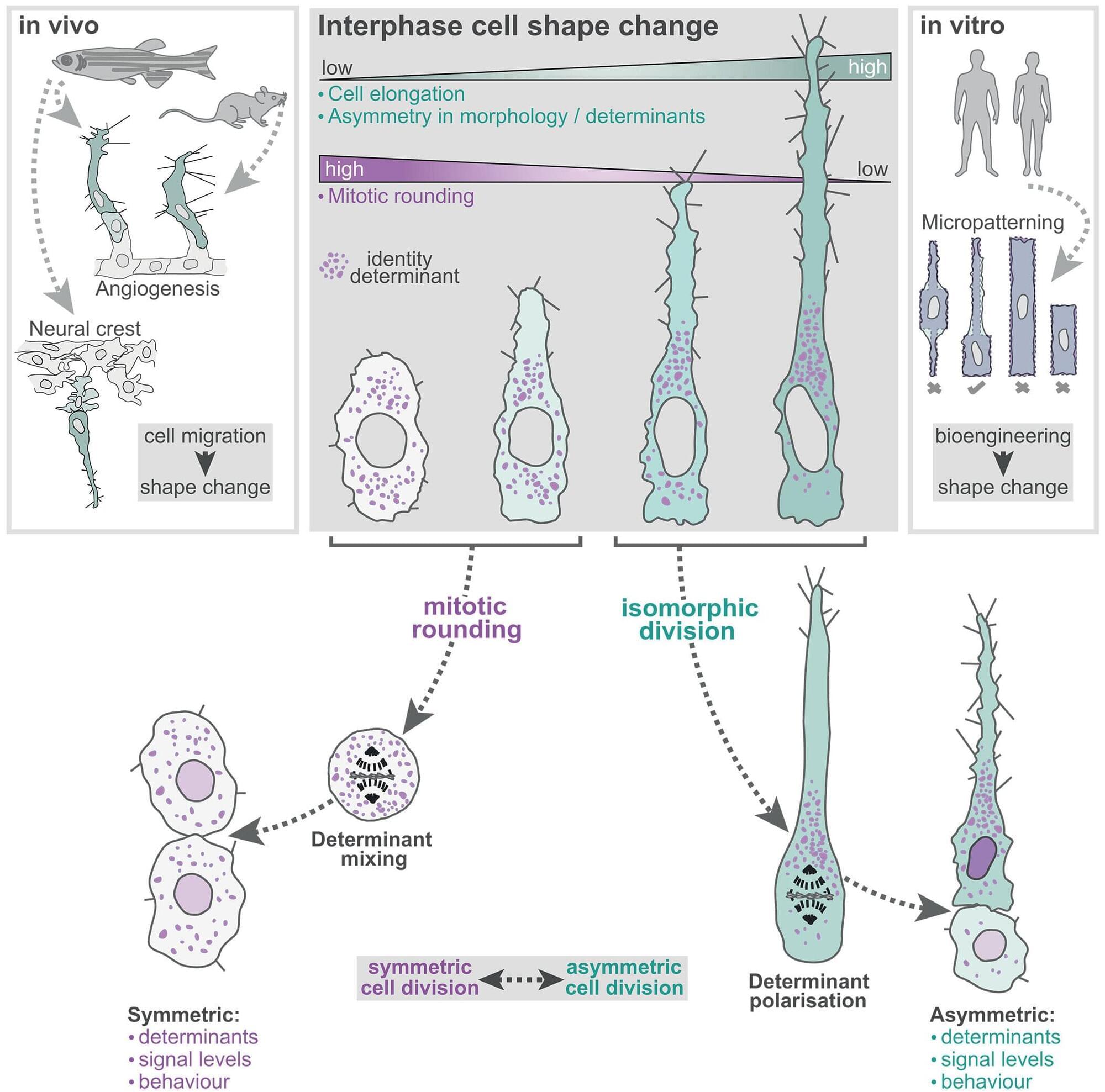RIKEN and Fujitsu Limited have developed a 256-qubit superconducting quantum computer that will significantly expand their joint quantum computing capabilities. The system, located at the RIKEN RQC-FUJITSU Collaboration Center, located on the RIKEN Wako campus, builds upon the advanced technology of the 64-qubit iteration, which was launched with the support of the Japanese Ministry of Education, Culture, Sports, Science and Technology (MEXT) in October 2023, and incorporates newly-developed high-density implementation techniques. The new system overcomes some key technical challenges, including appropriate cooling within the dilution refrigerator, which is achieved through the incorporation of high-density implementation and cutting-edge thermal design.
This announcement marks a new step toward the practical application of superconducting quantum computers and unlocking their potential to grapple with some of the world’s most complex issues, such as the analysis of larger molecules and the implementation and demonstration of sophisticated error correction algorithms.
The organizations plan to integrate the 256-qubit superconducting quantum computer into their platform for hybrid quantum computing lineup and offer it to companies and research institutions globally starting in the first quarter of fiscal 2025. Looking further into the future, Fujitsu and RIKEN will continue R&D efforts toward the launch of a 1,000-qubit computer, scheduled to be launched in 2026. For more information, see a longer press release on Fujitsu’s website .
.







